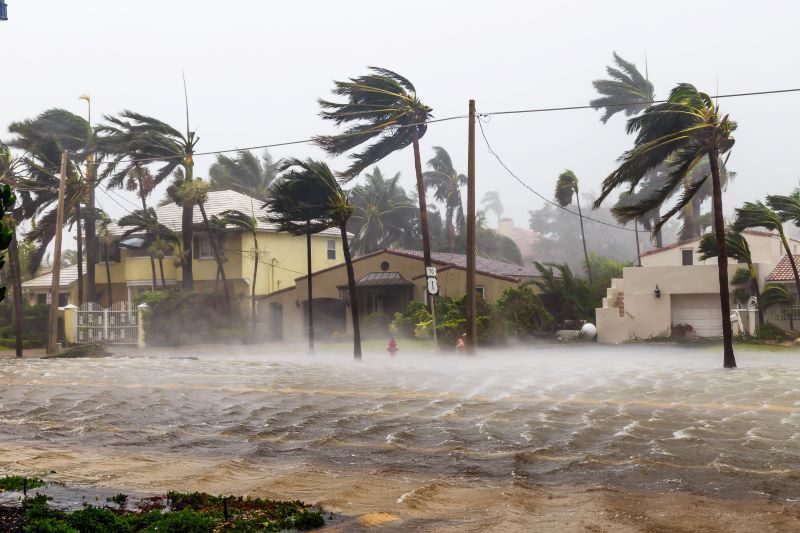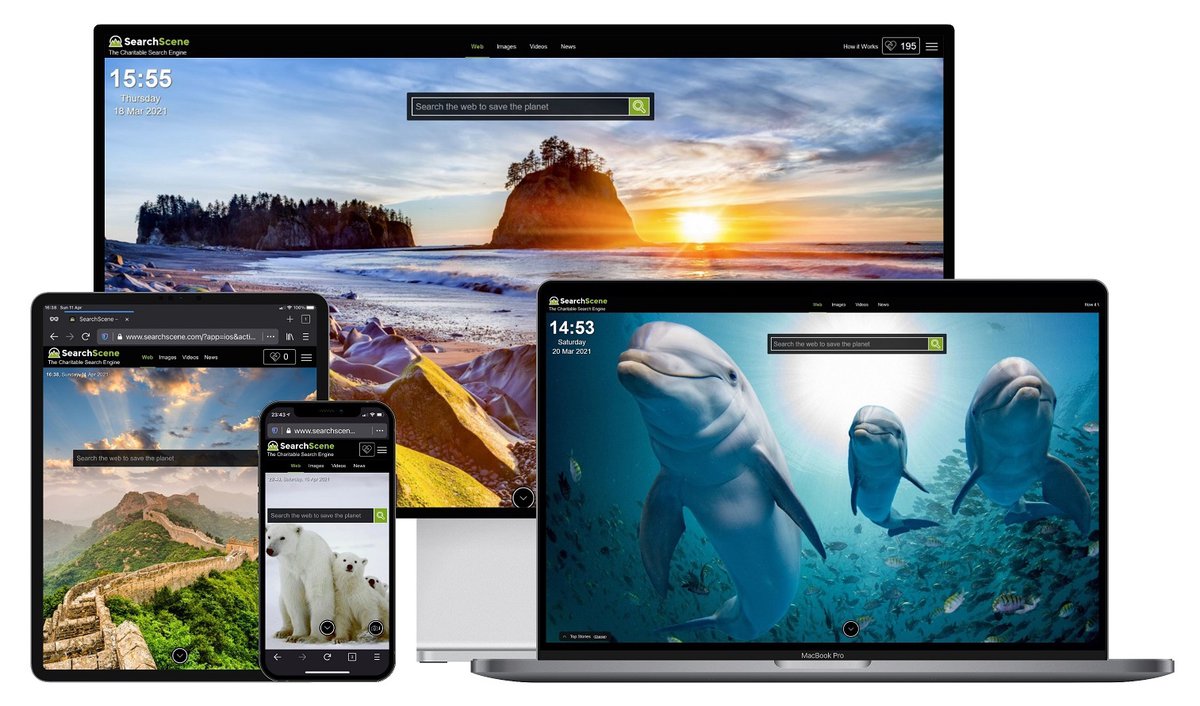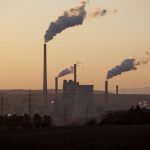The Current Impact of Climate Change on Our Planet
- Categories:
- Climate Change
- Forests
- Nature
- Oceans

Destructive weather events
Extreme or destructive weather events include floods, droughts, storms and hurricanes. These types of weather events were once fairly rare but are unfortunately becoming more commonplace as climate change accelerates. In fact, Carbon Brief created a map from more than 350 peer-reviewed studies looking at weather extremes around the world. Their analysis reveals that 70% of the 405 extreme weather events and trends included were found to be made more likely or more severe by human-caused climate change.
Heat waves
Heat waves are a type of extreme weather event but is one that most people around the world are experiencing, even in the UK, which is known for having a temperate climate. However, in recent years, extreme heat waves are becoming more common even in more stable climates, with the UK experiencing the hottest August day for 17 years in 2020, with temperatures reaching 36.4C at Heathrow.
Related article: Dangerous Heatwaves: How Will Climate Change Affect London by 2050?
Wildfires
Wildfires and forest fires also seem to have been increasing in recent years, with the Australian bushfires in 2020, which were fuelled by record-breaking temperatures and droughts, causing global alarm and concern.
Related article: Why Are Forest Fires Occurring More Frequently?
Early blooming of flowers and plants
Another effect of climate change that has been noticed recently is that many trees, plants and flowers are blooming earlier than they typically would. For example, the climate crisis has been named as the likely cause of early cherry blossom in Japan while, on a similar note, the cherry blossoms in Washington DC also bloomed earlier than expected.
Shrinking glaciers and loss of ice
Another notable current effect of climate change is the melting of glaciers and ice. According to National Geographic, when the Glacier National Park was created in 1910, it was home to an estimated 150 glaciers. Since then the number has decreased to fewer than 30, and most of those remaining have shrunk in area by two-thirds.
Sea level rising
The melting glaciers and ice sheets mentioned above are also causing the sea level to rise, but another contributing factor is the expansion of seawater as it warms. According to NASA, the sea level is increasing at a rate of 3.3mm per year, and it has increased by approximately 98mm between 1993 and 2021.
Species endangerment and extinction
Extinction can happen naturally, but the number of animal and plant species that are threatened with extinction worldwide is increasing due to human activity. A UN report in 2019 found that around 1 million animal and plant species are now threatened with extinction, many within decades.
Understanding tipping points and feedback loops
The effects of climate change will only accelerate in the future if we don’t act now. We can understand this further by looking at two terms: tipping points and feedback loops.
Tipping points are those moments where an event occurs that cannot be undone. They are generally preceded by gradual and low-impact changes that ultimately trigger something more significant. An example of a tipping point is that the melting of permafrost could lead to the release of methane, causing further warming.
A feedback loop describes when the output of a system affects itself. A key example of this is ice. Ice is more reflective than land or water, meaning it is more able to reflect heat back into the atmosphere. However, the sea ice is melting more rapidly in summer months due to rising temperatures, which means it is less able to reflect heat back, and the oceans are absorbing more heat. This has a cyclical effect, as even more ice is then likely to melt the following summer.
It is clear that the current impact of climate change on our planet is alarming, and that it will only get worse at a faster rate if we don’t act now.
Anything you can do in your daily life to support climate action is important. You might consider switching your primary search engine to SearchScene – we donate 95% of our profits to climate-focused charities including WWF and Eden Reforestation Projects.










